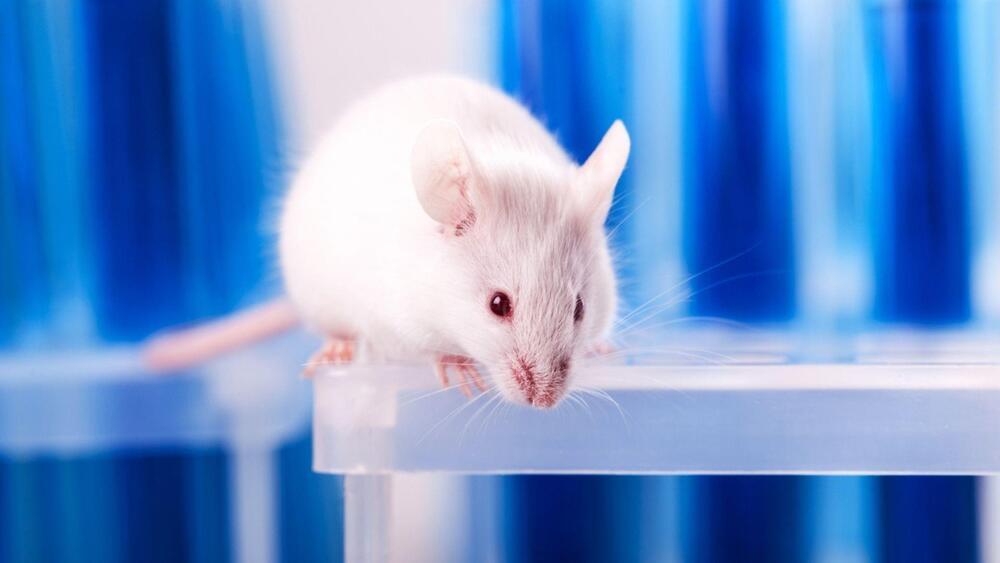The finding that these “hidden” memories can be accessed once more, at least in mice, throws up a world of intriguing possibilities.
Neuroscientist Robbert Havekes and his team at the University of Groningen found that learning while sleep-deprived does not result in memory loss; rather, it is more difficult to recall.
“We previously focused on finding ways to support memory processes during a sleep deprivation episode,” says Havekes.
Artisteer/iStock.
Havekes and the team used optogenetic techniques and the human-approved asthma medicine roflumilast to find a means to make this “hidden knowledge” accessible once more days after researching while sleep-deprived.
